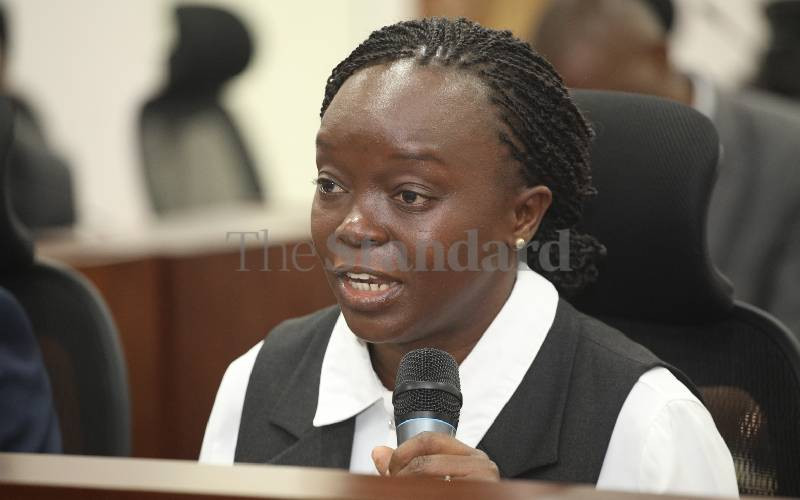
Empowering communities is pivotal in addressing the multifaceted challenges posed by HIV/AIDS. Communities are not only at the forefront of the epidemic but also possess unique insights into local dynamics, making them indispensable partners in crafting effective strategies.
By entrusting communities with leadership roles, we amplify their voices, ensuring that responses are contextually relevant and sustainable. Community empowerment is not only a cornerstone in the battle against HIV/AIDS but also a great process to ensure that people living with HIV continue to not face stigma that accrues from community platforms and members.
Stigma remains a significant barrier in the global fight against HIV/AIDS. Community-led initiatives are instrumental in breaking down these barriers, fostering inclusivity, and promoting understanding. Through education, advocacy, and open dialogue, communities can challenge discriminatory beliefs and create environments where individuals feel safe to seek testing, treatment, and support.
With the rise in new infections in recent months, we need to continue to ensure that stigma around uptake, access and provision of Anti-retroviral therapy (ART) reduces so that we can continue to be effective in ensuring the advancement of the undetectable equals to intransmissible state which is a big win for the work and research on HIV. This will foster inclusivity and understanding.
Communities are uniquely positioned to address the intricacies surrounding access to treatment and prevention. Local leaders can design interventions tailored to the specific needs of their community members, ensuring that resources are efficiently allocated. From distributing educational materials to organising testing campaigns, community-led initiatives enhance the reach and impact of vital services.
By providing comprehensive education on HIV/Aids, fostering peer support networks, and encouraging activism, communities can nurture a generation of advocates committed to eradicating the stigma associated with HIV. Youth engagement will continue to nurture the next generation of advocates who will burst the stigma and encourage access to these vital services.
While the focus is on local communities, the global fight against HIV/Aids requires solidarity. International organisations, governments, and NGOs must collaborate with communities, respecting their autonomy and recognising the value they bring to the table. By amplifying local voices on a global stage, we create a more inclusive and effective response to the HIV/Aids epidemic.
While celebrating the progress made, it's essential to acknowledge the challenges that persist. Funding gaps, discrimination, and unequal access to healthcare are barriers that communities continue to face. However, with the right resources, support, and commitment from global stakeholders, these challenges can be transformed into opportunities for growth, learning, and resilience.
- Alarm as youth quit condoms for tablets in HIV prevention
- Cancer cases, STIs, infertility in young adults linked to unsafe sex
- Why that negative HIV test result could actually be positive
- Understanding HIVAIDS testing and counseling standards in Kenya
Keep Reading
- The author is a youth advocate
 The Standard Group Plc is a multi-media organization with investments in media platforms spanning newspaper print
operations, television, radio broadcasting, digital and online services. The Standard Group is recognized as a
leading multi-media house in Kenya with a key influence in matters of national and international interest.
The Standard Group Plc is a multi-media organization with investments in media platforms spanning newspaper print
operations, television, radio broadcasting, digital and online services. The Standard Group is recognized as a
leading multi-media house in Kenya with a key influence in matters of national and international interest.




